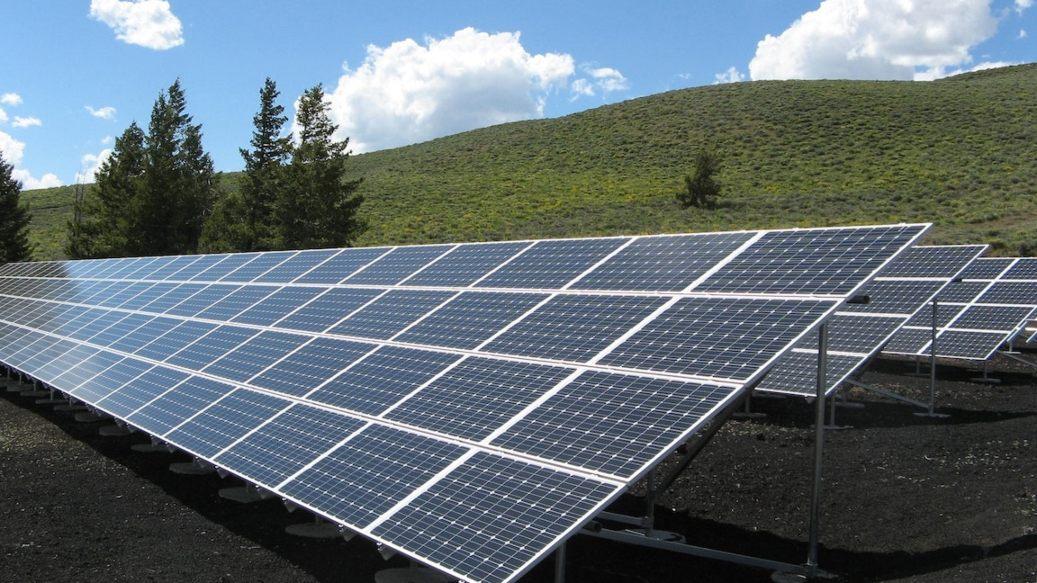The world is at a critical juncture, facing the pressing challenge of climate change. In response, the transition to a decarbonized economy has emerged as a transformative force, reshaping the future of work and industry. This shift holds the promise of not only mitigating the detrimental effects of carbon emissions but also revolutionizing the way we live, work, and do business. From renewable energy to green construction, electric mobility to sustainable agriculture, the decarbonization movement is creating a ripple effect across sectors, generating new job opportunities, fostering innovation, and catalyzing the emergence of sustainable practices.
As we embark on this journey, the vision of a greener, more resilient future takes shape, where environmental stewardship intertwines with economic prosperity. Let us have a look at how this transition to a decarbonized economy is reshaping industries, creating new job opportunities, and revolutionizing the way we work.
Table of Contents
1. Renewable Energy Sector
The decarbonization journey hinges on the rapid expansion of renewable energy sources such as solar, wind, hydro, and geothermal power. This transition has triggered a surge in employment opportunities within the renewable energy sector. From designing and manufacturing solar panels to installing wind turbines and developing advanced energy storage systems, there is a growing demand for skilled professionals across the entire renewable energy value chain. This shift not only creates jobs but also stimulates innovation, leading to the emergence of new technologies and business models within the industry.
2. Green Construction and Retrofitting
The decarbonization of the economy extends to the construction industry, which is a significant contributor to greenhouse gas emissions. Green construction practices involve designing energy-efficient buildings, utilizing sustainable materials, and integrating renewable energy systems. As a result, the demand for architects, engineers, and construction workers with expertise in green building techniques is rising. Additionally, retrofitting existing buildings to improve energy efficiency presents a vast opportunity for job creation and specialized skills development.
3. Electric Mobility and Transportation
The transportation sector is a major source of carbon emissions, making the transition to electric mobility a critical component of decarbonization. Electric vehicles (EVs) are gaining popularity, leading to an increasing need for manufacturing electric vehicle components, developing charging infrastructure, and creating efficient battery technologies. This shift drives job growth in automotive manufacturing, battery production, and EV charging network installation and maintenance. Moreover, the electrification of public transportation systems, including buses and trains, presents further employment prospects and reduces reliance on fossil fuels.
4. Sustainable Agriculture and Food Systems
A decarbonized economy also necessitates sustainable agriculture practices and the transformation of food systems. The demand for organic farming, regenerative agriculture, and the reduction of greenhouse gas emissions from livestock production has opened up avenues for employment in sustainable agriculture. Additionally, the need for food processing technologies that minimize waste and energy consumption is creating opportunities for innovation and job creation within the food industry.
5. Energy Efficiency and Green Technologies
Improving energy efficiency is a vital aspect of decarbonization efforts across industries. The demand for energy auditors, efficiency consultants, and green technology specialists is increasing as businesses and organizations strive to optimize their energy consumption and reduce carbon footprints. Advancements in smart grid technologies, energy management systems, and sustainable manufacturing processes are driving job creation in the field of green technologies.
6. Research and Development
The pursuit of a decarbonized economy requires continuous research and development to innovate and implement new solutions. From renewable energy advancements to carbon capture and storage technologies, research institutions and private companies are investing in R&D to drive the decarbonization agenda. This emphasis on innovation fosters collaboration between scientists, engineers, and technologists, leading to breakthroughs that shape the future of work and industry.
The shift towards a decarbonized economy requires substantial financial resources to fund renewable energy projects, sustainable infrastructure, and green initiatives. This has given rise to the field of green finance and sustainable investing. Professionals in this sector analyze and allocate funds to environmentally friendly projects, assess the environmental risks of investments, and develop sustainable financial products. By embracing these additional dimensions of a decarbonized economy, we can harness the potential of the circular economy, foster sustainable waste management practices, and mobilize financial resources towards environmentally friendly investments!
Sources:
- https://www.sciencedirect.com/topics/physics-and-astronomy/wind-turbine
- https://www.researchgate.net/publication/349767681_ELECTRIC_VEHICLE_CHARGER
Also Read –




